Here's How Daylight Saving Time Affects Your Health
Summer time is a convention by which clocks are advanced one hour to take advantage of as much natural light as possible during spring and summer. This change of schedule can be beneficial in terms of energy savings and a greater use of natural light for a myriad of practices. However, summer time can be harmful to your health. Did you know that it can increase the risk of heart attacks? As simple as that, the circadian rhythm is the internal clock of the human body, which oscillates 24 hours a day adjusting to the path of the sun.
The chronotypes, which refer to the qualification of people as larks or owls, according to their diurnal or nocturnal habits, respectively, tend to adjust their sleep and peak productivity during the seasons according to the influence of the sun, in a natural way. Now, when the organism, biologically adjusted to the environment and natural conditions, is forced to adapt to socially imposed changes, the imbalances begin. One of the most obvious effects is lack of sleep and rest, as people fall asleep late, but must get up earlier than their bodies are used to. This has important consequences, such as a notorious drop in the person's productivity and a certain propensity to accidents, at least during the first few days. Similarly, summer time affects cognitively students who tend to have lower average test scores, according to scientific studies. The increase in suicides since daylight saving time has also been mentioned. The lower production of melatonin is characteristic of this stage of the year and the change of schedule can produce mismatches, especially in people with bipolar tendencies or depression.
This is one of the keys to the most studied cycle of suicide. Now, according to scientific studies by Amneet Sandhu of the University of Colorado at Denver, this trend seems to be confirmed. Over a period of 3 years, a record was kept of admissions to the emergency rooms of different Michigan hospitals for heart attacks. The findings were that on the Monday following the daylight saving time change, the percentage of coronary problems increased by 24 percent. On the other hand, income from heart problems dropped 21 percent on the Tuesday following the winter time change. Thus, this research presents important aspects to study regarding the incidence of sleep cycle change in patients with heart problems, with negative consequences. Interesting, isn't it? Have you had trouble adapting to summer time? Leave us your experiences and opinions in the comments section below to share with everyone.
-
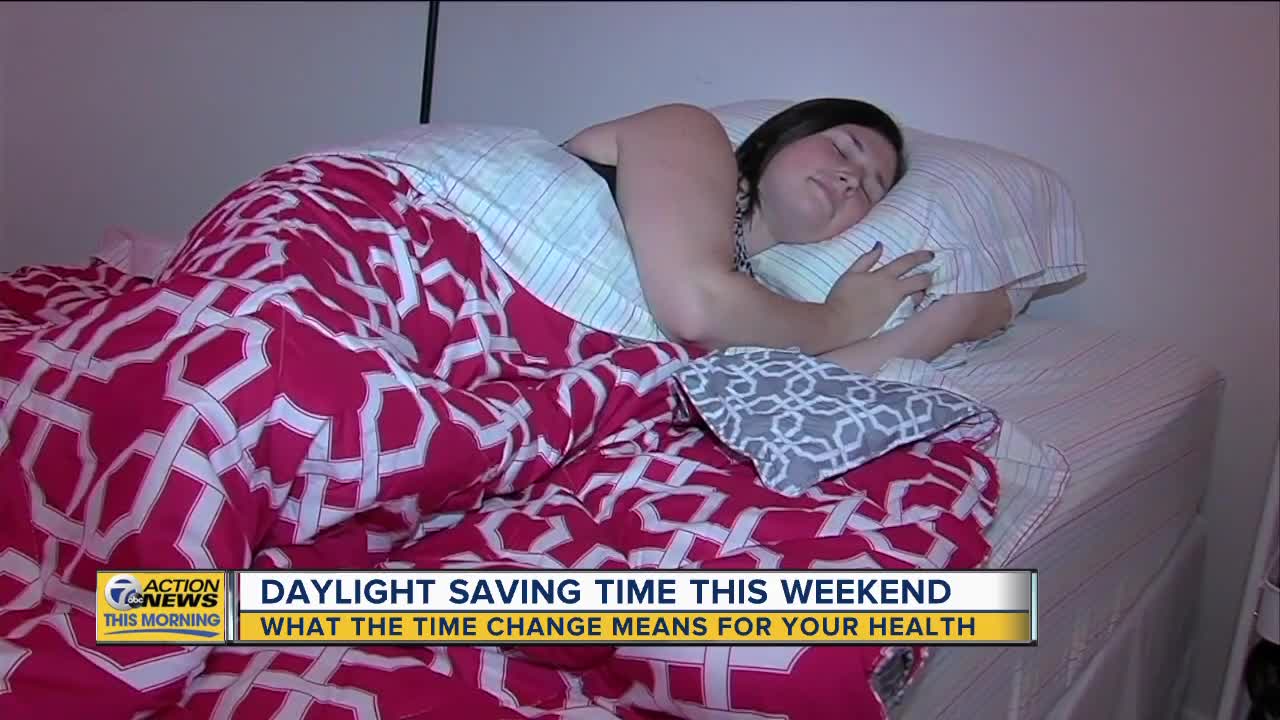 1:35
1:35
WXYZ
4 years agoDaylight Saving Time this weekend and what it means for your health
5 -
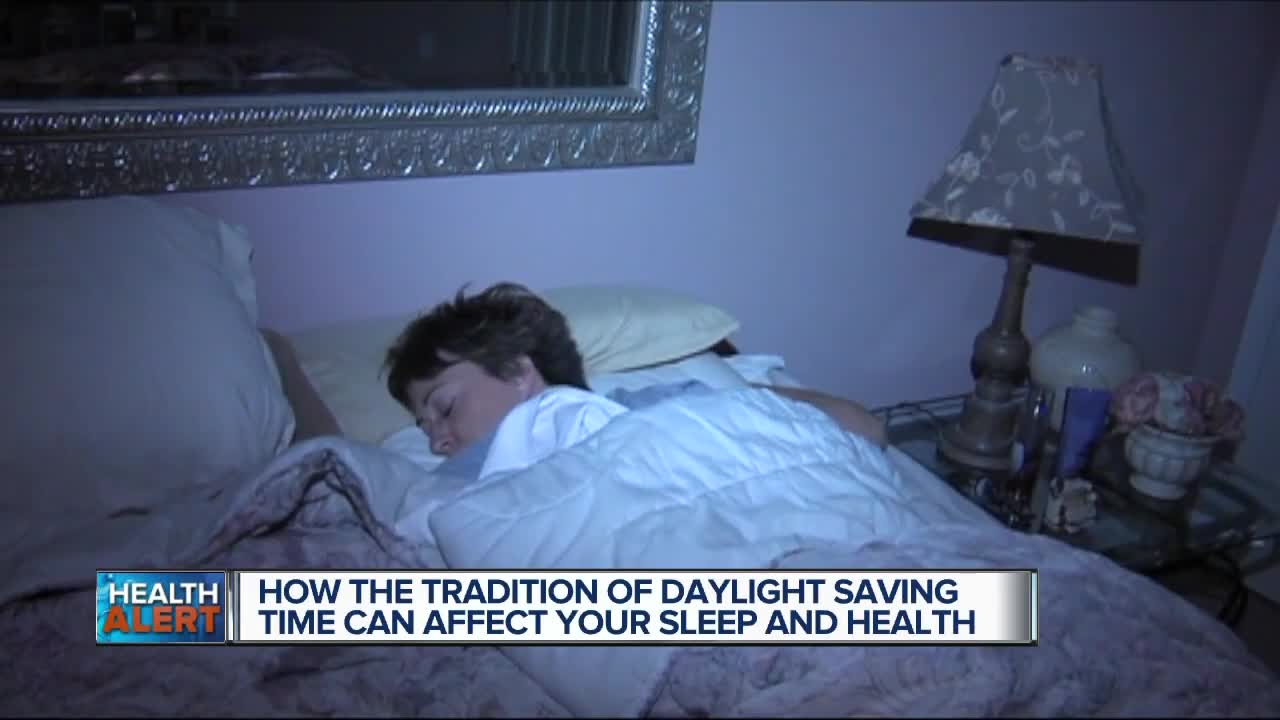 2:10
2:10
WXYZ
4 years agoHow the tradition of Daylight Saving Time can affect your sleep and health
4 -
 3:00
3:00
KTNV
5 years agoSurviving Daylight Saving Time
17 -
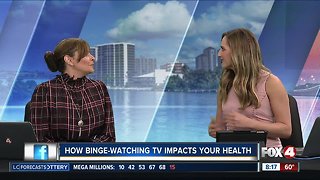 2:54
2:54
WFTX
5 years agoHow binge-watching tv affects your health
61 -
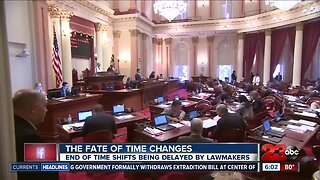 1:48
1:48
KERO
4 years agoThe fate of Daylight Saving Time in California
13 -
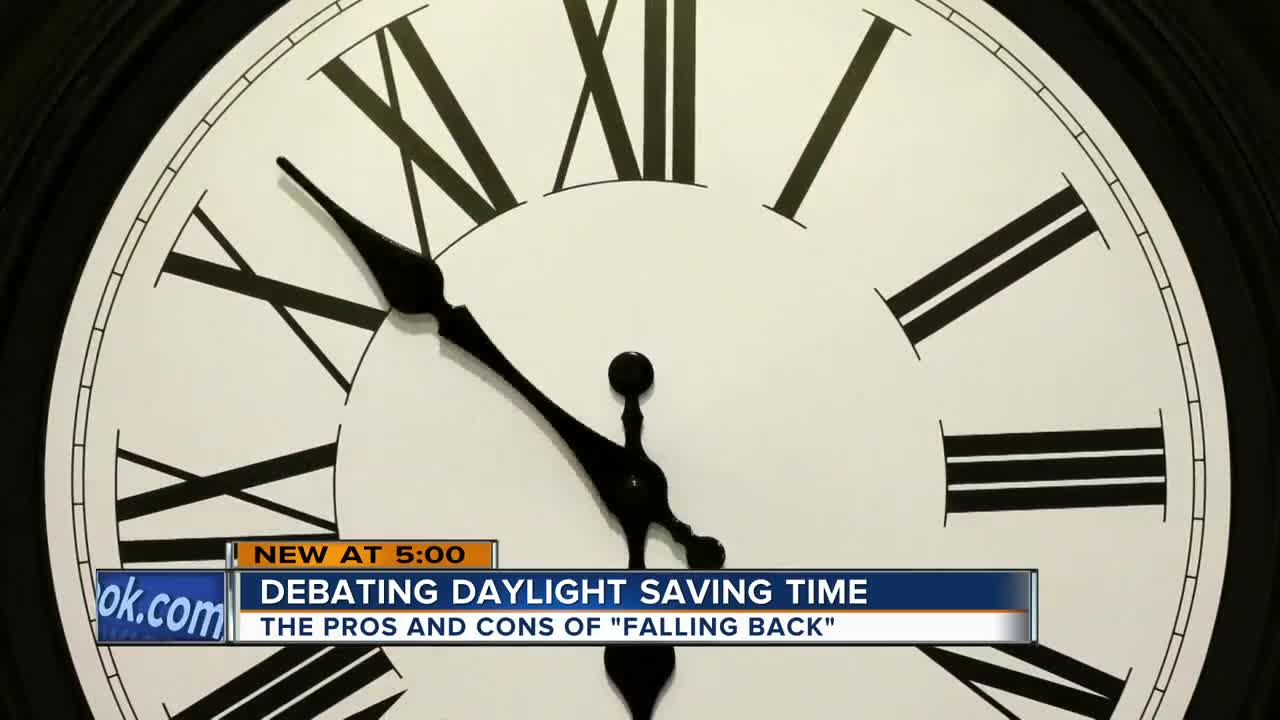 1:32
1:32
WTMJMilwaukee
4 years agoDaylight Saving Time ends Sunday, but it could have impacts on your body
9 -
 1:46
1:46
WPTV
5 years agoHelping your child sleep better during Daylight Saving Time
-
 0:19
0:19
KJRH
5 years agoBill would eliminate Daylight Saving Time
23 -
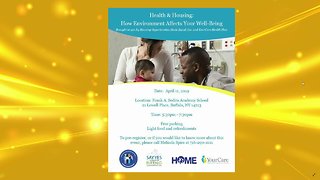 3:50
3:50
WKBW
5 years agoHealth and Housing: How Environment Affects Your Well-Being
16 -
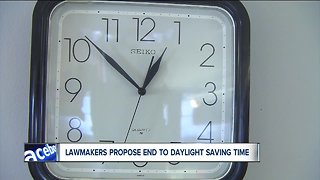 0:29
0:29
WEWS
5 years agoOhio to consider making Daylight Saving Time permanent
10